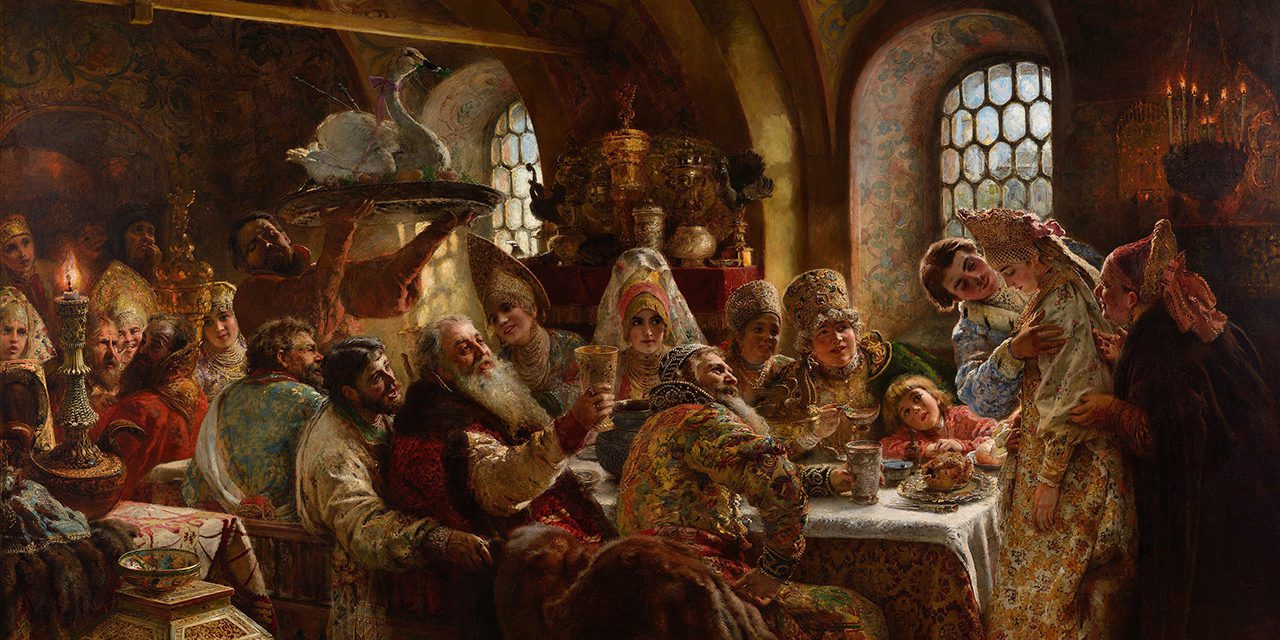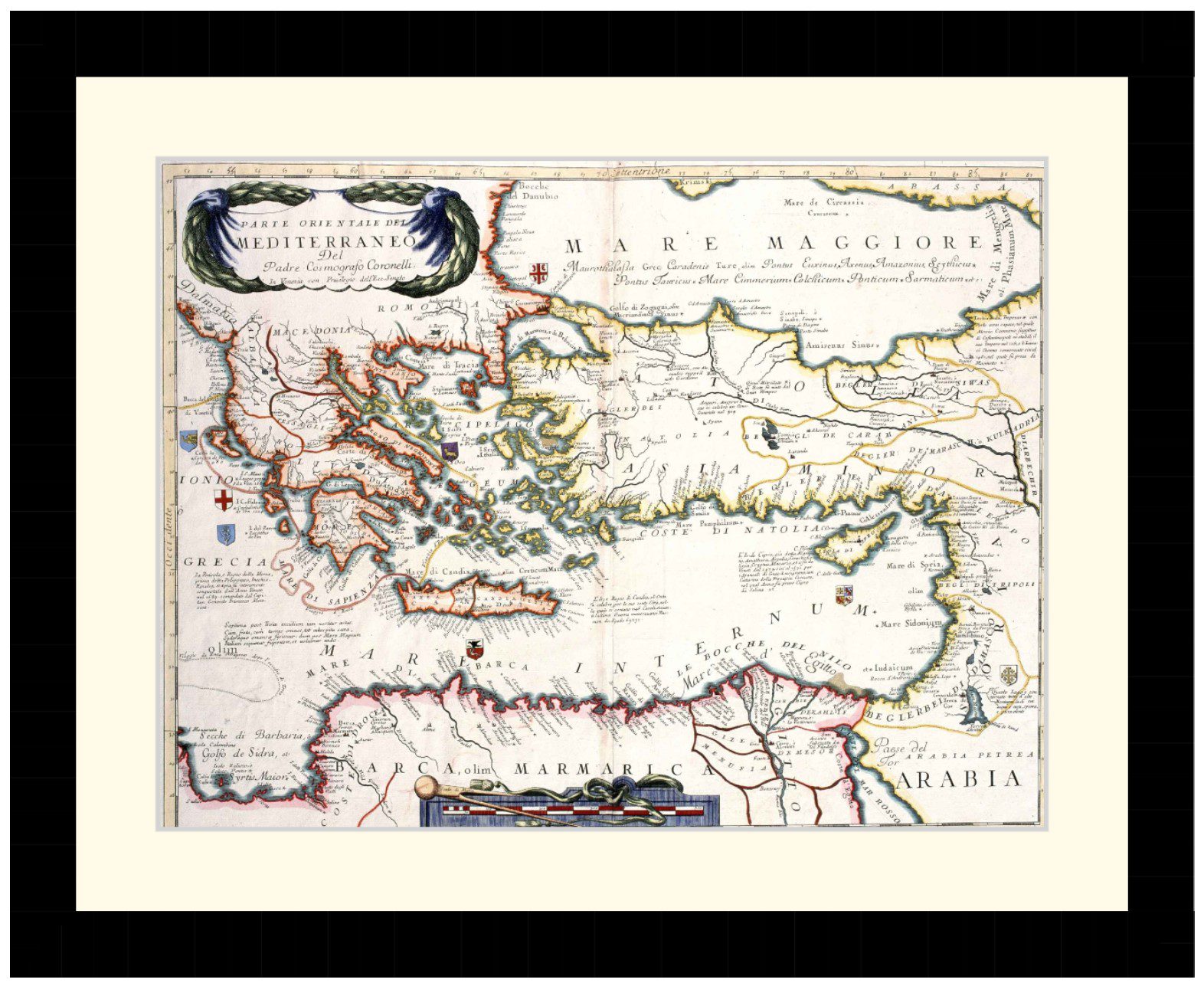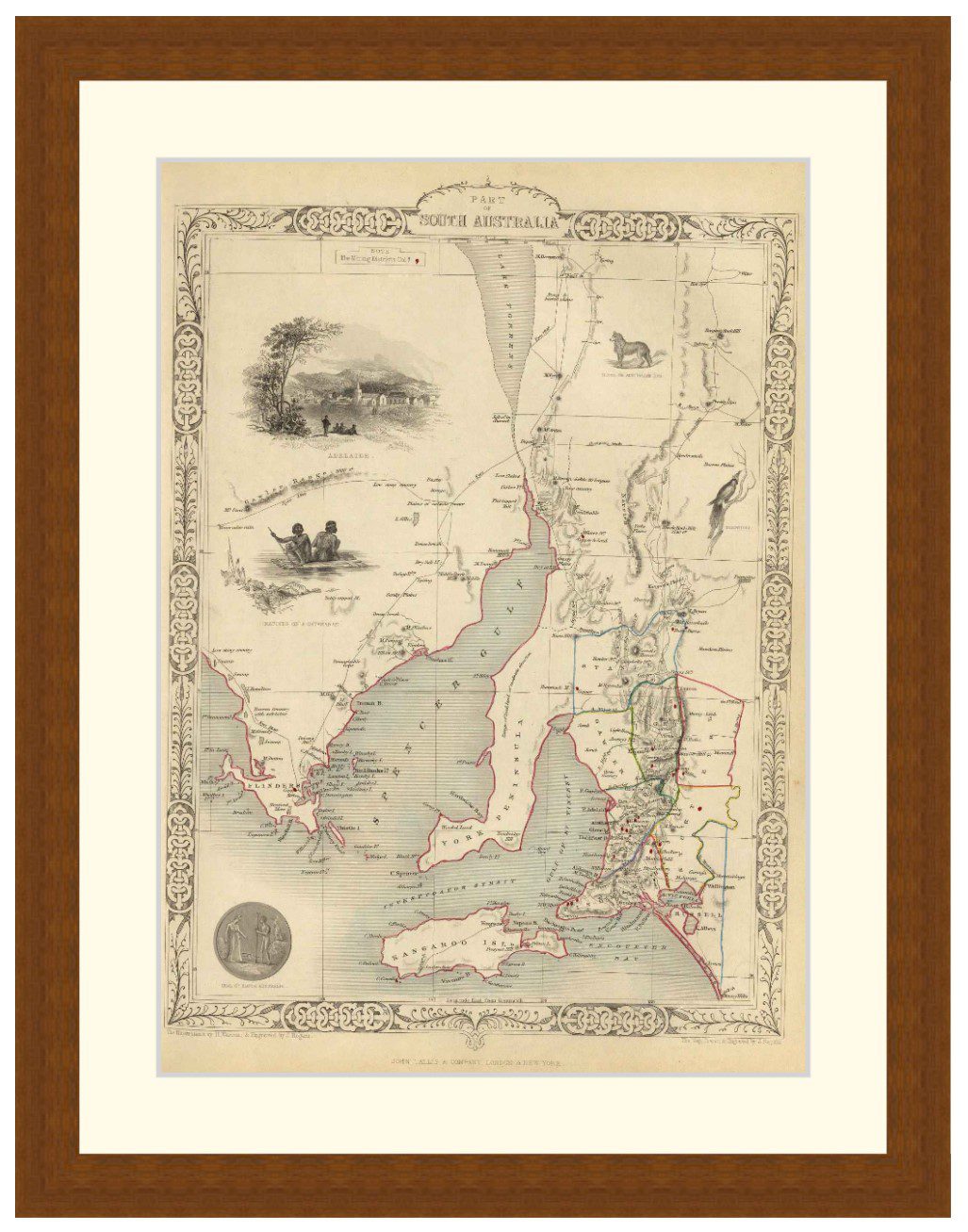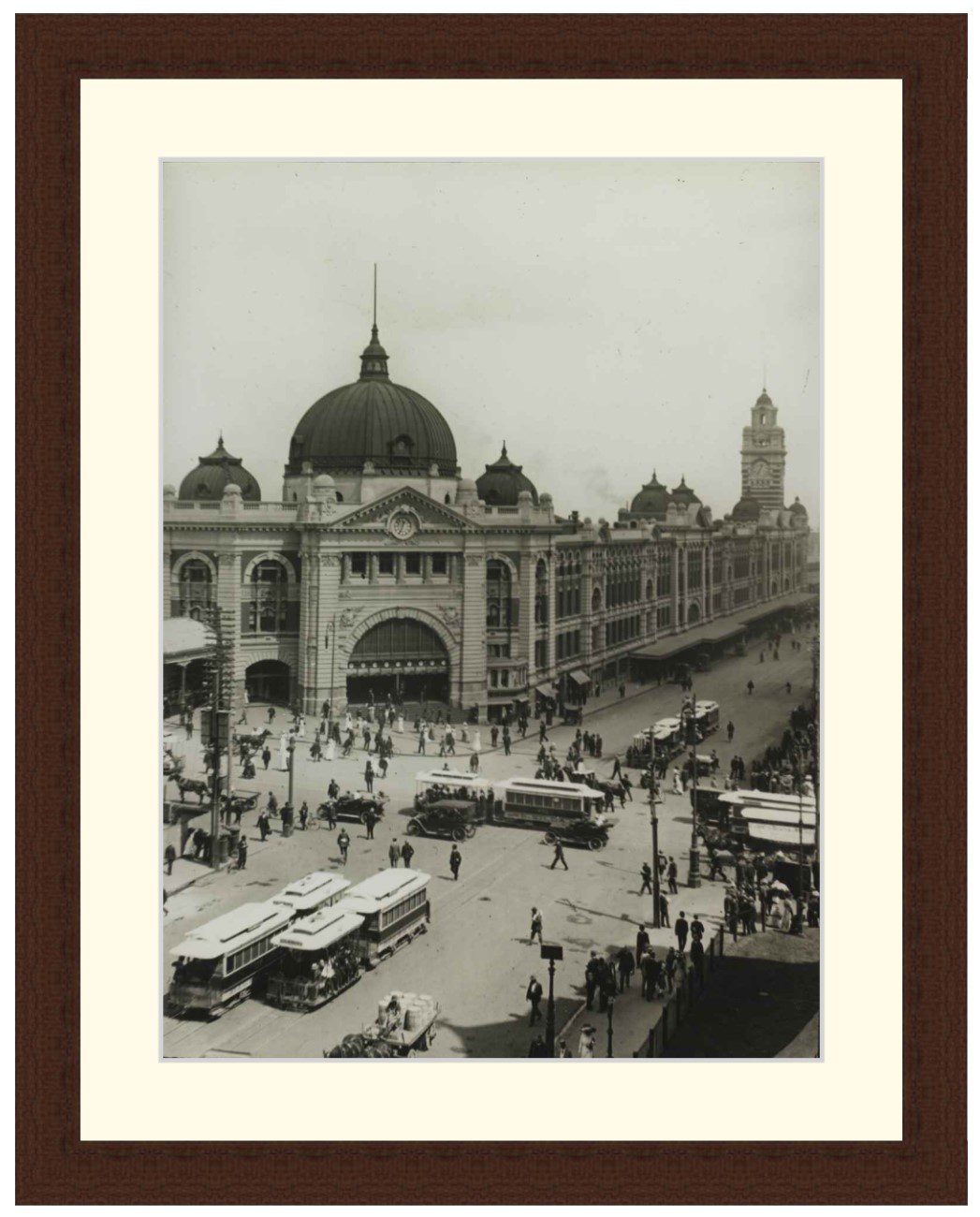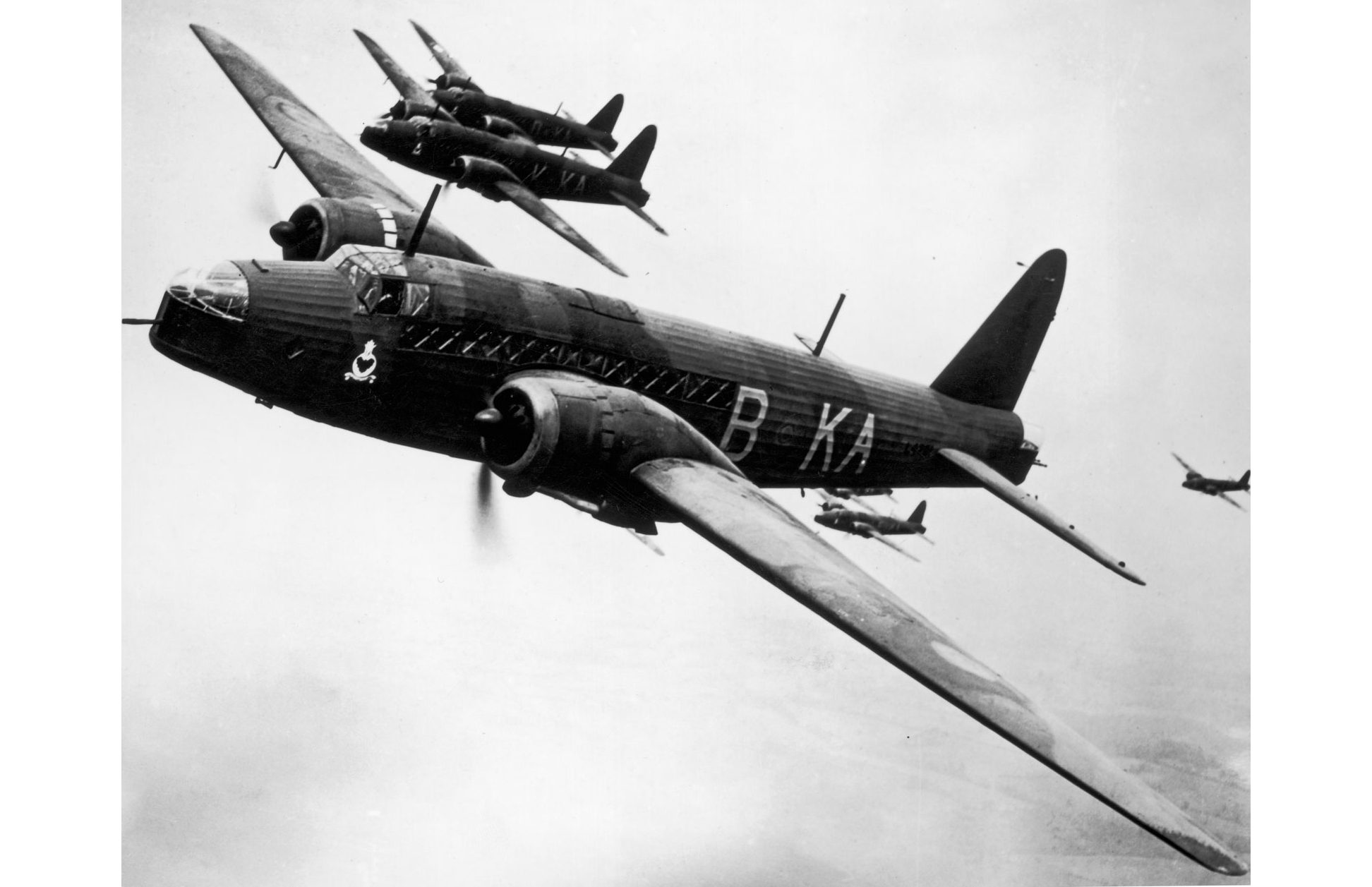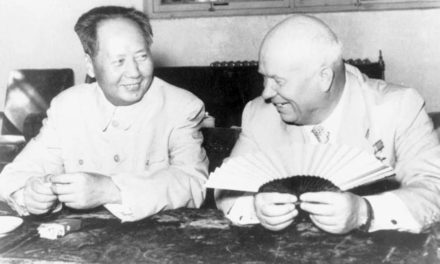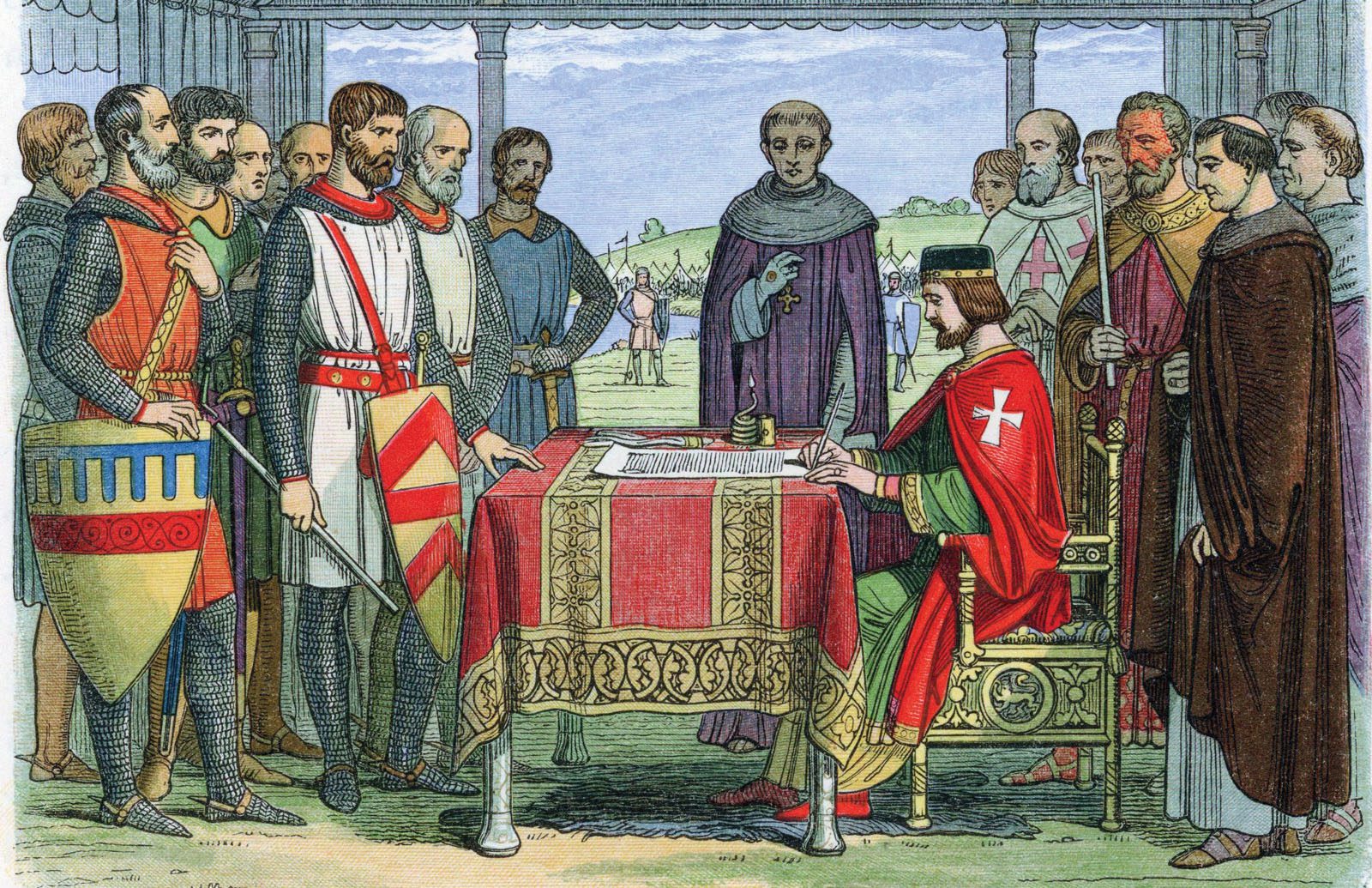History Guild General History Quiz 159
See how your history knowledge stacks up!
Want to know more about any of the questions? Scroll down to learn more!
Have an idea for a question? Suggest it here and we’ll include it in a future quiz!
The stories behind the questions
1. The Boyars were the aristocratic class in which country?
Russia – Each Boyar ruled over a region and had authority over a set number of serfs. The Tsar had significant power over the Boyars and was not restrained by Parliament or a similar institution as many other European monarchs were.
2. Who led the German Democratic Republic (East Germany) from 1971 until 1989?
Erich Honecker – Honecker’s political career began in the 1930s when he became an official of the Communist Party of Germany, a position for which he was imprisoned by the Nazis. Following World War II, he was freed by the Soviet army and returned to politics. He and Walter Ulbricht were the defining and most significant leaders of the GDR.
3. Which conflict was the Battle of Bunker Hill part of?
American War of Independence – The rebel forces had created a fortified position on Bunker Hill, near Charlestown. British Regular troops assaulted and captured the position, although they suffered significant casualties in doing so.
4. In 1974 British politician John Stonehouse was the centre of a scandal. What did he do?
Faked his death and established a new life in Australia – Stonehouse set up various companies but by 1974 most of these were in financial trouble, and he had resorted to deceptive creative accounting. Aware that the Department of Trade and Industry was looking at his affairs, he decided that his best choice would be to flee. Stonehouse spent months rehearsing his new identity, and maintained the pretence of normality until he faked his death on 20 November 1974, leaving a pile of clothes on a beach in Miami Beach to make it appear that he had gone swimming and had drowned. He fled to Australia to set up a new life with his mistress and secretary, Sheila Buckley.
Stonehouse attracted attention in Australia when he transfered large suns of money at several bank branches. The police initially suspected him of being Lord Lucan, who had disappeared a fortnight before Stonehouse, following the murder of his children’s nanny, Sandra Rivett.
He was extradited to Britain and released on bail. He continued to serve as an MP. Although unhappy with the situation, the Labour Party did not expel him as their Parliamentary majority was very narrow. He was eventually convicted and sentenced to seven years in prison for fraud.
5. When did European explorers first reach Lake Tanganyika and Lake Victoria?
1858 – Two British explorers, Richard Burton and John Hanning Speke set off to find the source of the Nile. They found Lake Tanganyika and Lake Victoria.
6. In the 1990’s the breakup of which country resulted in war in the Balkans?
Yugoslavia – Read more about the Yugoslav war.
7. When did a Parliamentary Labour Party first form a national government?
1904 – Chris Watson was sworn in as Prime Minister of Australia at the head of a Labour Party Government, the first anywhere in the world.
8. Who was the first English Monarch to be excommunicated by the Pope?
Harold II – He was excommunicated by Pope Alexander II in order to justify the invasion and takeover of the kingdom by William the Conqueror in 1066. Later King John was excommunicated in 1208 by Pope Innocent III. Henry VIII was excommunicated in 1538 by Pope Paul III. Elizabeth I was excommunicated in 1570 by the papal bull Regnans in Excelsis issued by Pope Pius V.
9. Which of these was one of the original 13 colonies of the USA?
Maryland – The others were New Hampshire, Massachusetts, Rhode Island, Connecticut, New York, New Jersey, Pennsylvania, Delaware, Virginia, North Carolina, South Carolina, and Georgia.
10. When did Australian Aboriginal people first petiton the Sovereign for representation in Australian Federal Parliament?
1933 – Yorta Yorta leader William Cooper travelled to London to petition King George V for Aboriginal representation in the Commonwealth parliament.

